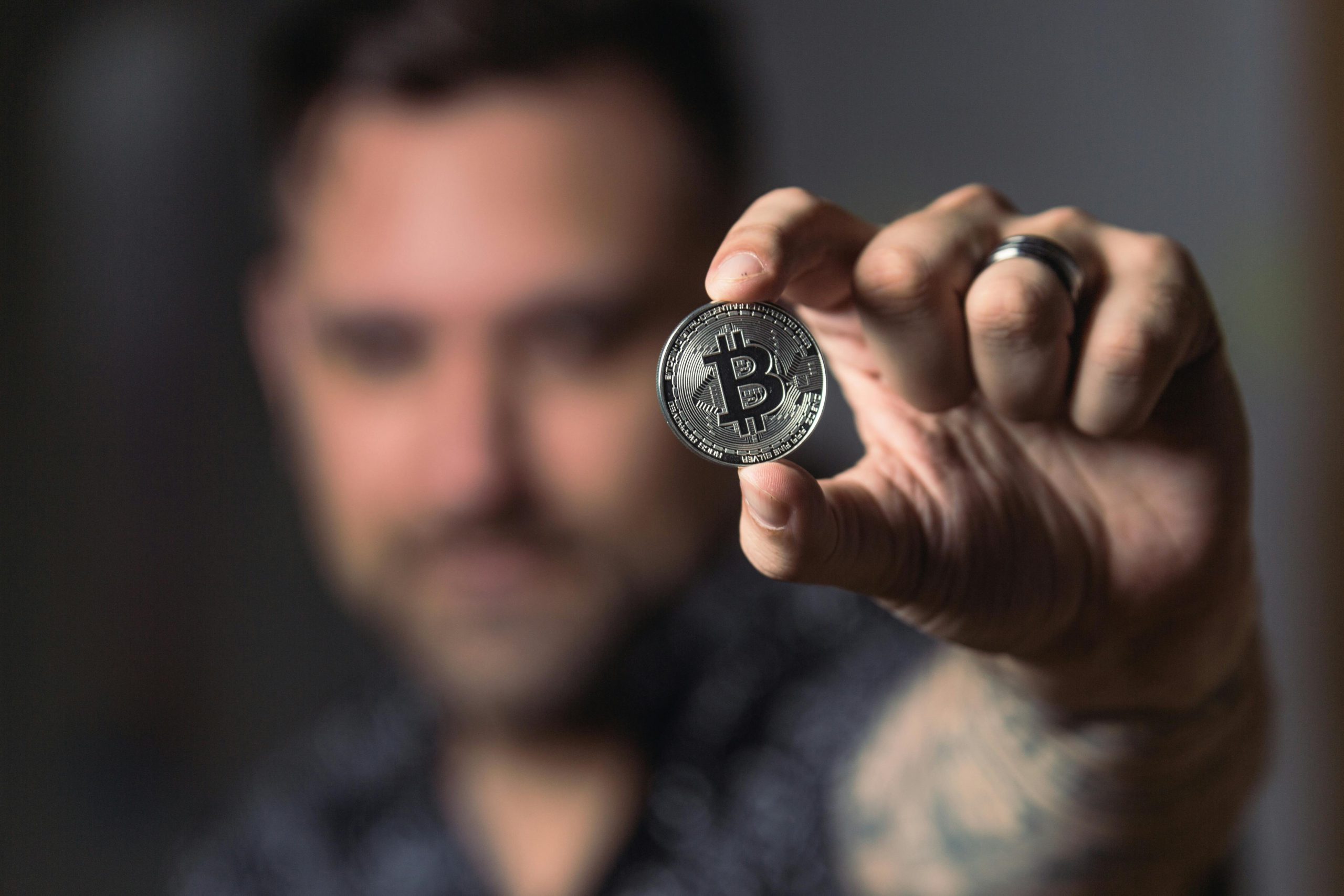
- Protect Your Crypto Investments
In this article
Much of the advice for keeping your online bank accounts secure also applies to cryptocurrency: use strong passwords, use multi-factor authentication and be wary of phishing emails and other scams. But there are additional measures that need to be considered.
About Using Crypto Exchange
Many opt to keep their cryptocurrency in a crypto exchange, allowing them to easily buy, sell and trade different cryptocurrencies. Having these exchanges (such as Coinbase, Crypto.com, Binance and others) that store and secure your cryptocurrency is easy and might seem like the best option at first, but there are also potential risks.
If you leave your cryptos in an exchange, it’s vitally important your device is as secure against attacks as possible. Consider isolating a computer or mobile device that’s only used for crypto. Get regular security checkups done on your computer or device from a trained professional.
Use Multi-factor Authentication
Multi-factor authentication should be applied to your accounts. Passwords should be complex enough to not be breached in brute-force attacks, and the same password should not be shared among different accounts.
Using Crypto Wallets
A better recommendation is to store your cryptocurrencies in a secure crypto wallet that you own and control. There are two types of wallets—a hot wallet and a cold storage wallet.
Hot wallets
A hot wallet is a cryptocurrency wallet (such as Metamask and Exodus) that’s always connected to the internet and linked to public and private keys which an individual can use to conveniently send and receive cryptocurrency. However, the always-on connection to the internet could potentially leave these wallets vulnerable to being hacked.
Cold wallets
A cold storage wallet is when you keep your cryptocurrencies offline on a hardware device that you plug in or sync to your computer or phone in order to send or receive. These cold wallets have physical keys, PINs and passwords that only you know in order to keep your crypto secure and offline. This second form of wallet is the more secure way to store cryptocurrency, although it is much less convenient.
